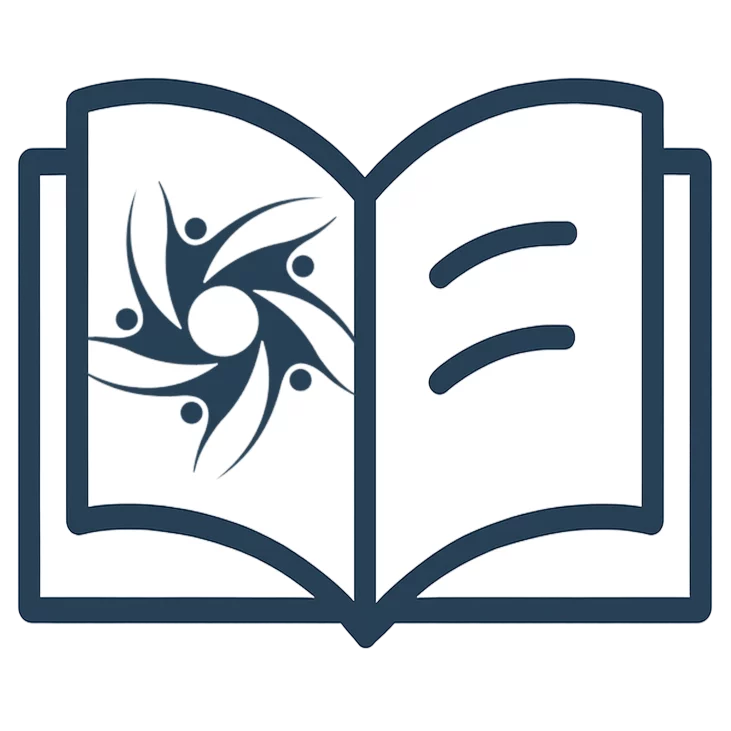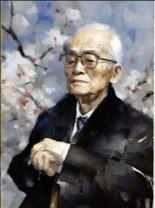Welcome to the Free Religion Institute
First, why do we think interfaith dialogue is essential?
The International Association for Religious Freedom is celebrating its 125th year of interfaith dialogue. We bring together more than 50 member organizations from almost all of the major world religious traditions. We do this because:
- we know ourselves by knowing each other;
- we share our knowledge and our traditions' wisdom with a liberal spirit of appreciating differences in perspective, culture, language, and spiritual experiences;
- we cooperate and collaborate to protect minorities from injustice, intolerance and persecution;
- we serve in a liberative, creative religious faith and practice for an enlightened and compassionate humanity.
So, what is there in the study of other religions that can be valuable for us? My friend Huston Smith is credited with saying, You cant know your own religion without knowing another religion. And as a student I had the privilege of listening to Thomas Merton at the Trappist monastery in Gethsemane, Kentucky, say, Learning about different religions enriches your faith in your own. Understanding other religions can deepen your understanding of your own. Exploring other religions is a path to deeper self-awareness in your own faith.
It was Imaoka sensei who called us to explore religion for its liberating, creative essence found in all genuine religious and spiritual paths. He saw IARF’s unique role as the University of Life, a school of study and practice. In IARF we come together because we wish to be compassionate and genuine human beings. We talk together and attempt to listen deeply to each other’s successes and struggles. Each stage of life requires more knowledge as we develop in our particular faiths. We study together, share practices that keep us on a path toward the good, beautiful and true. May some of these topics tempt you to ask for a specific class. Enjoy and find the energy, strength and talent to become your spiritual ideal.
Live Sessions, Courses & Materials
Upcoming Sessions Calendar
Topics for Study & Discussion
1. Interfaith Dialogue
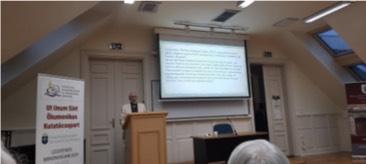
This includes both powerpoint presentations and videos of talks given. IARF, as Imaoka Sensei has said, is not just about religious freedom, but about religion itself. As so many have said, one comes to know their own religion better by learning another. Learning to recognize other spiritual paths even in ones own faith tradition is a beginning point. Learning specifics about anothers teachings, practices, and worship is another step. Celebrating and volunteering together begins to take IARF as part of our way of life.
A few of the teasers include:
2. Basics for the Study of Religions
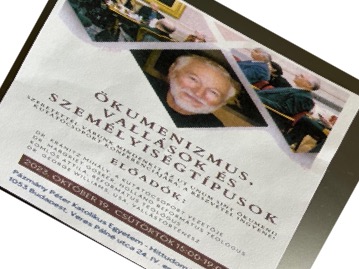
This area covers the fundamental methods and approaches used by historians of religions to understand different faith traditions objectively and empathetically.
3. Free-Religion, Jiyū Shūkyō, Sanātana Dharma
This topic especially emphasizes Raja Rammohan Roy, founder of the Brahmo Samaj and is a launching point for discussions of the Vedas, the Hindu Renaissance, Hindutva, etc.
4. IARF History & Future
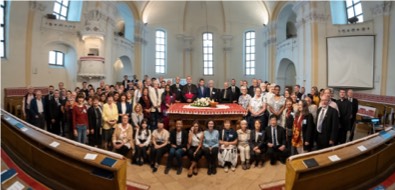
Explore the rich history and future direction of the International Association for Religious Freedom through these key texts:
5. Liberal Religion & The Enlightenment
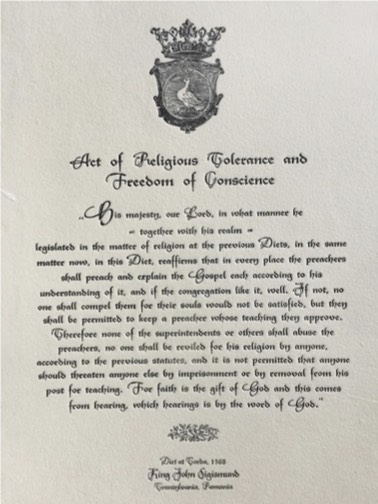
We already have courses underway by Rev. Andrew James Brown and Rev. Michinori Maruta. Possible topics include:
- Liberal Religion
- Liberal Religion-Strengths Weakness
- Freedom, Free in many languages
- Freedom and the Enlightenment
- Questions about Freedom
6. Raja Rammohan Roy and the Brahmo Samaj
A focused study on Rammohan Roy's work, including:
- Rammohan Roy: Reexamining Sanatana Dharma
- Hindu unitarianism
7. Different Paths: Experiential, Cognitive, Spiritual
This area delves into the diverse ways individuals experience faith, drawing from William James' "Varieties of Religious Experience" (from Appendix B, Cosmic Sage) and Carl Jung's psychological types to understand different spiritual paths. Topics include:
- 4 Types of Jung & 4 Spiritual Paths
- Each Types Strength & Weakness
- Mysticism as it appears in many religions
8. Religious Experience
Explore various perspectives on religious experience, from peak moments to the inexpressible. This includes a series of 10 powerpoint presentations that understand Faith, not as a set of beliefs or doctrines, but practices that involve study, learning, psychological and spiritual development, and that may even have stages of growth (For example, Styles of Faith and Stages of Faith Development).
9. Existential Crises: Life's Struggles
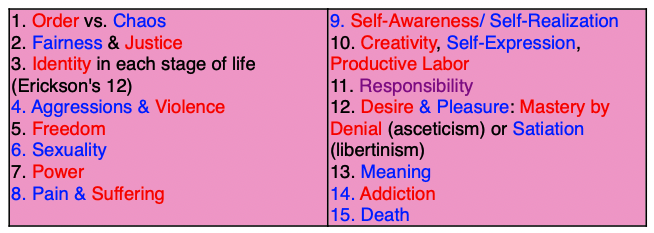
Each faith attempts to heal suffering and the crises of life, often turning them into growth and deepened insights and personal truths. Perhaps it is fair to say that no organized religion to heal the 12 to 15 major crises of human existence. Thus, interfaith dialogue about how one helps in particular crises can lead to greater awareness and compassionate care. Some have argued that the raison detre of genuine religion is ministering to us as we go through lifes fundamental crises with their possibility for spiritual growth.
10. Faith as Development and Trust
This is a series of 10 powerpoint presentations that understand Faith, not as a set of beliefs or doctrines, but practices that involve study, learning, psychological and spiritual development, and that may even have stages of growth. Potential topics include:
- Styles of Faith
- Stage Model of Faith
- Fowler 6 Stages
- Erik Erikson developmental stages
- World Religions & Existential Crises
11. Basics for Study of Asian Religions

Introductions to the religions of China, Japan, and India. This includes individual religions with an emphasis on visual learning:
- Daoism
- Buddhism
- Confucianism
- Shinto, Kami no Michi
- Hindu traditions
- Islam
- Zoroastrian
- Ahmadiyya
- Bahai
12. Basics for the Study of Western Religions
This area provides foundational knowledge for understanding the major religious traditions that originated in the West:
- Judaism
- Christianity
- Islam
- Pagan
13. Indigenous and Shamanic Religions
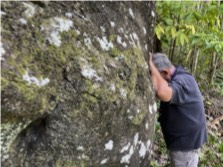
Prayers at a Healing Shrine
This area covers topics like the Shamanic Mind and includes talks on controversial topics like Warrior Religions, with a special focus on Hawaiian Religion.
- Shamanic Mind & Presentation
- Dharma World on Hawaiian Religion
- Controversial Talk on Warrior Religions
14. Miscellaneous Talks and Videos
Buddhist Trinity & Christian Trinity
While comparative religion was exciting scholars of the 19th century, many saw Buddhisms teaching of the Trikaya (the three bodies or essences of the Buddha) as the origin concept and the example for orthodox Christianitys final formulation of the Christian Trinity. This is a basic teaser from Theravada (southern) and Mahayana (northern) Buddhisms perspectives. It also introduces the notion that beliefs may have come from direct religious experience in Buddhism, which in this case can be demonstrated by the religious practices in Buddhism that lead to the experience of the Buddha in one or another of these kayas.
I gave this lecture (The Relative Inexperienceability of the Christian Trinity) at the National Institute for Advanced Studies in Bangalore, India, where the scientists there asked me to talk about the Christian Trinity. I decided to approach the topic from the perspective of the Phenomenology of Religion, which focuses on religious experience. Only Jesus would have been able to do so, but he spoke Aramaic and Hebrew. There is a problem. How would you express such an experience in Aramaic and Hebrew?
- Trikaya: Buddhism's Trinity
- Christian Trinity
15. Talking with Our Authors
I have written a number of books that attempt to present the belief and practice of the member of a faith in its own integrity. Of course, it is an outsiders view even though I try to present the best form of that faith that I am capable of understanding. We can discuss these works:
- Numerous works on Svami Vivekananda
- Handbook of Hindu Mythology
- Shinto
- EasternPaths
- Cosmic Sage
- Hawaiian Faith and Practice: Kanenuiakea (written with Kumu Glen Kila). Uncle Glen has promised to join on Zoom in the future.
- Shamans, Sages, and Saints
Programme Coordinator
Prof. George M. Williams
Prof. George M. Williams, a distinguished historian of religions, guides the Free Religion Institute. His extensive experience in studying religions that liberate, combined with his deep understanding of various religious traditions, provides valuable direction for our educational initiative. Throughout his career, Prof. Williams has made significant contributions to religious studies, particularly in understanding the Hindu Renaissance, religion in modern Japan, and religion in Hawaii.
Prof. George Williams meeting with Dr. Imaoka in 1980 at the University of Tokyo Faculty Club.
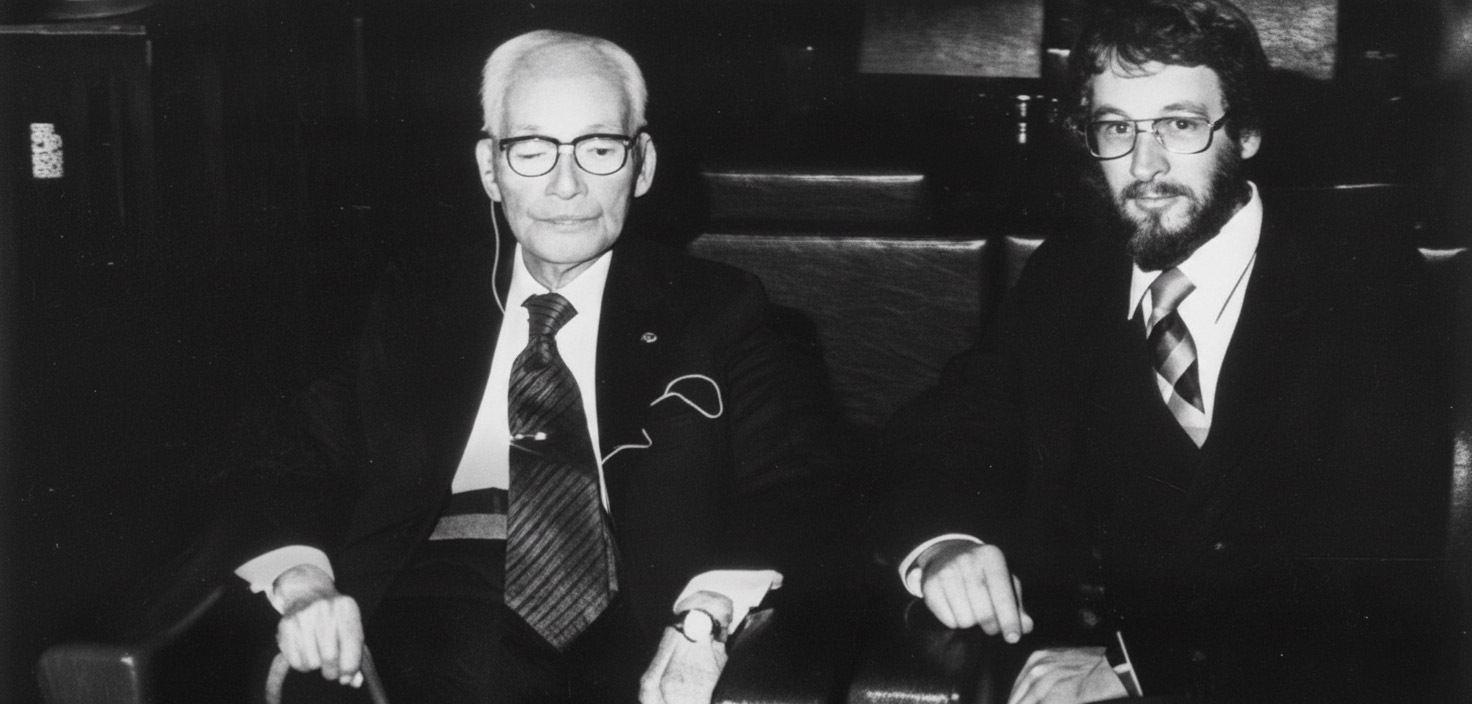
Join Our Journey
We are at the beginning of this exciting venture. All courses, classes, and materials provided by the Free Religion Institute are free of charge and available to the general public. We do, however, encourage members of the IARF and interested participants to register at our IARF Network, a community platform for collaboration, discussion, and to meet others from our global community.
Register on IARF Network Provide Feedback